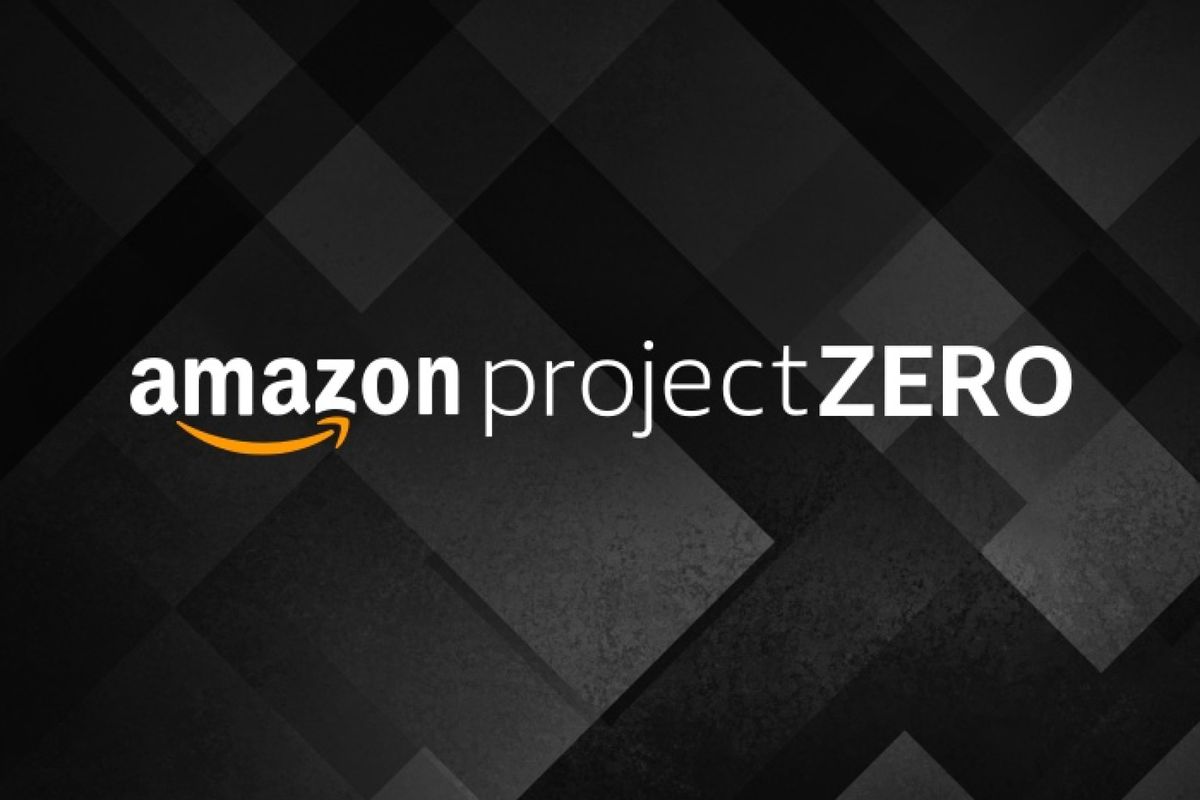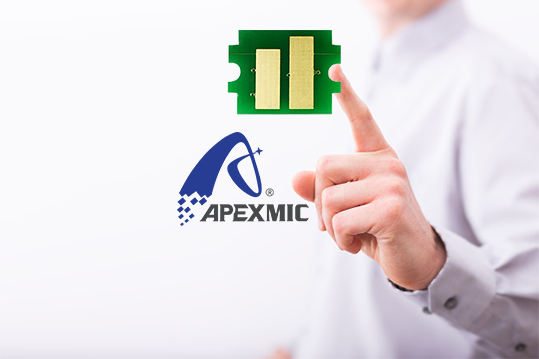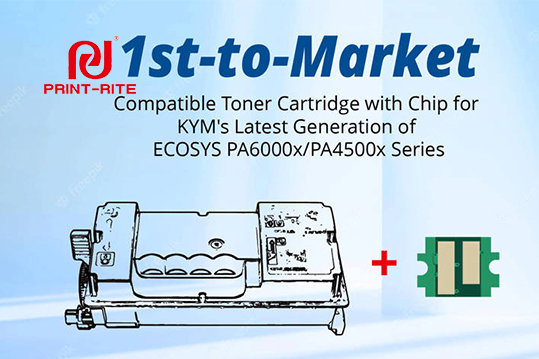Amazon to “Project Zero” Counterfeits
Originally published at Techcrunch.
Amazon launches new tools that allow brands to proactively fight counterfeiting
 Amazon has launched a new initiative Project Zero to reduce counterfeiting on its site. The program will take advantage of Amazon’s technology, including machine learning capabilities, combined with brands’ own knowledge of their intellectual property, in order to automatically and continuously scan Amazon’s store to identify and proactively remove violations, among other things.
Amazon has launched a new initiative Project Zero to reduce counterfeiting on its site. The program will take advantage of Amazon’s technology, including machine learning capabilities, combined with brands’ own knowledge of their intellectual property, in order to automatically and continuously scan Amazon’s store to identify and proactively remove violations, among other things.
Brands that want to utilize the new tools will provide Amazon with their logos, trademarks and other key data about their brand. Amazon will then scan its 5 billion product listing updates per day, looking for any suspected counterfeits, it says.
The idea here is to put more technology behind the search for counterfeits, in order to become more proactive instead of reactive. In the past, brands would need to file a counterfeit report with Amazon in order to take action. The new tools allow brands to directly remove and control listings from Amazon’s store without having to first contact Amazon.
Another optional service involved with the larger Project Zero program is product serialization.
This service will allow Amazon to scan to confirm the authenticity of every one of a brand’s products purchased on the site. It provides a unique code for each manufactured unit, which are put on products during the manufacturing process. When the product is later ordered, Amazon scans this code to verify the purchase is authentic. If it’s not, Amazon can detect and stop a counterfeit item before it reaches the customer.
While Project Zero enrollment itself is free, brands that use the product serialization service will incur a cost between $0.01 and $0.05 per unit, based on volume, Amazon notes.
Counterfeiting has become a serious problem on Amazon, largely due to the size and scale of Amazon’s third-party marketplace, which it does little to regulate. Some of these items are never even touched by Amazon, but are sold and shipped by the third-party seller themselves. Others are only fulfilled by Amazon, but that doesn’t include a verification process.
However, those will bear a “Fulfilled by Amazon” label, which some consumers misunderstand to mean they’re trustworthy because Amazon is somehow involved.





Leave a Comment
Want to join the discussion?Feel free to contribute!